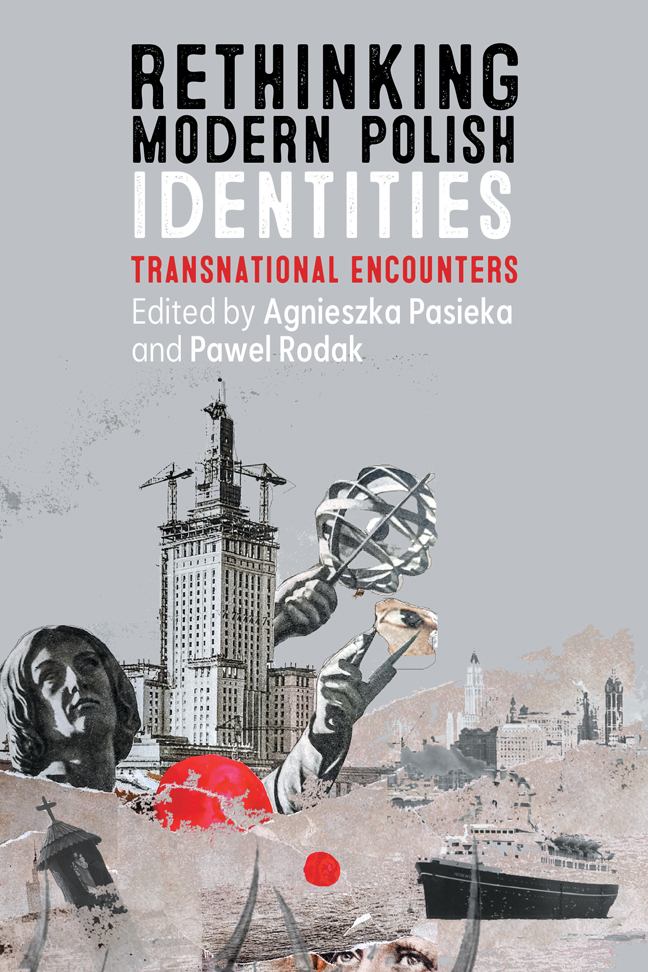Book contents
- Frontmatter
- Contents
- Acknowledgments
- Introduction: Polishness: A Story of Sameness and Difference
- Part One Redefining Polishness
- Part Two Identity in the Making
- Part Three Portraits and Performances
- Afterword: Polishness: A Time of Deconstruction, a Time of Reconstruction
- Notes on the Contributors
- Index of Names
- Index of Subjects
Two - Vita Magistra Historiae? The Case of A. B.
Published online by Cambridge University Press: 10 January 2024
- Frontmatter
- Contents
- Acknowledgments
- Introduction: Polishness: A Story of Sameness and Difference
- Part One Redefining Polishness
- Part Two Identity in the Making
- Part Three Portraits and Performances
- Afterword: Polishness: A Time of Deconstruction, a Time of Reconstruction
- Notes on the Contributors
- Index of Names
- Index of Subjects
Summary
There is no need to explain the benefits that result from knowing history. The world of Latin civilization likes to repeat Cicero's words that “history is life’s teacher.” No one doubts the key role assigned to impressions of the past in shaping, strengthening, and transforming the standards of collective identity such as Polishness. If this process requires critical thinking, then this is primarily because it is a hermeneutic circle—the representations of the past developing our identity are shaped by said identity as well, under the acute influence of the present, from its perspective and in the name of today's collective and individual interests.
I describe this inevitable entanglement of historical representations with the present by reversing Cicero's formula. Life is the teacher of history: it constantly shapes and changes images of the past. This means, of course, that historical truth (i.e., the meaning of past events) must be pragmatic, and not necessarily consistent with the correspondence theory of truth. What was in the past acquires its current meaning according to what is now.
The main character of my article—A. B., mentioned in the title—is a key figure of Lithuanian literature, the most important (next to Maironis) Lithuanian poet of the long nineteenth century, and author of a classic Lithuanian poem Anykščių šilelis [The forest of Anykščiai]. A Catholic priest and the bishop of Sejny (a small town in present day Poland in Podlasie Voivodeship), A. B. was also active in the area of linguistics, mathematics, and of course pastoral ministry (Aleksandravičius 2014, Mikšytė 2001, Vanagas 1997, Mikšytė 1964). Addressing him, I limit myself to the initials because the questions I ask in this text are: What is this man's proper name? How and in what way is such a name proper?
This question is not only historical but also doubly paradigmatic. Firstly, because A. B. was one of a number of Lithuanian intellectuals whose names still occur in Polish, Lithuanian, and sometimes other (e.g., Russian) versions.
- Type
- Chapter
- Information
- Rethinking Modern Polish IdentitiesTransnational Encounters, pp. 37 - 49Publisher: Boydell & BrewerPrint publication year: 2023

